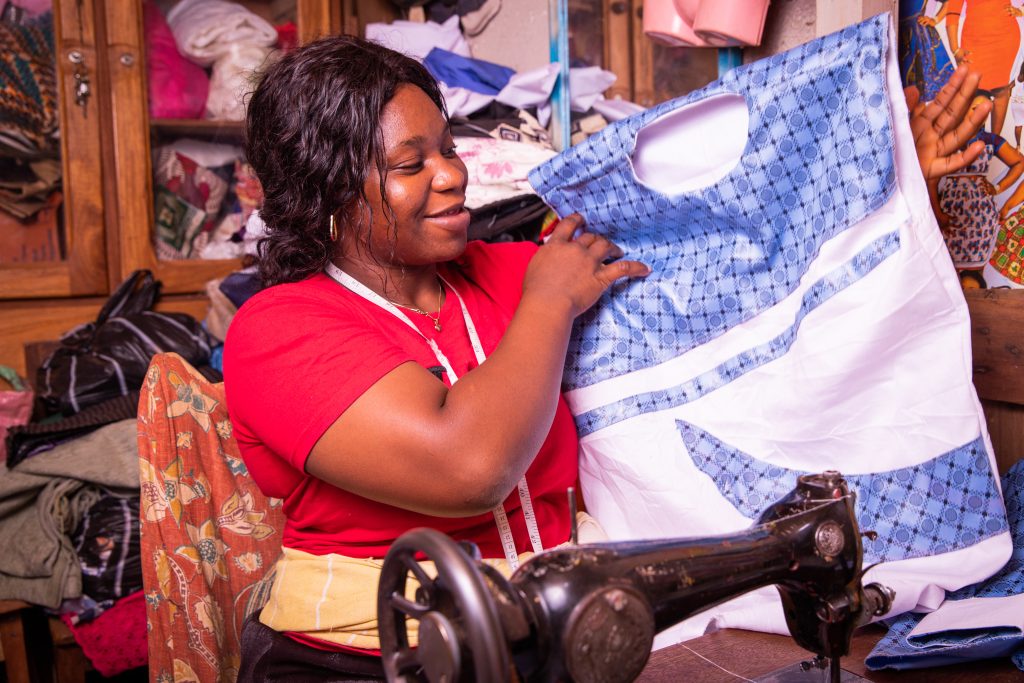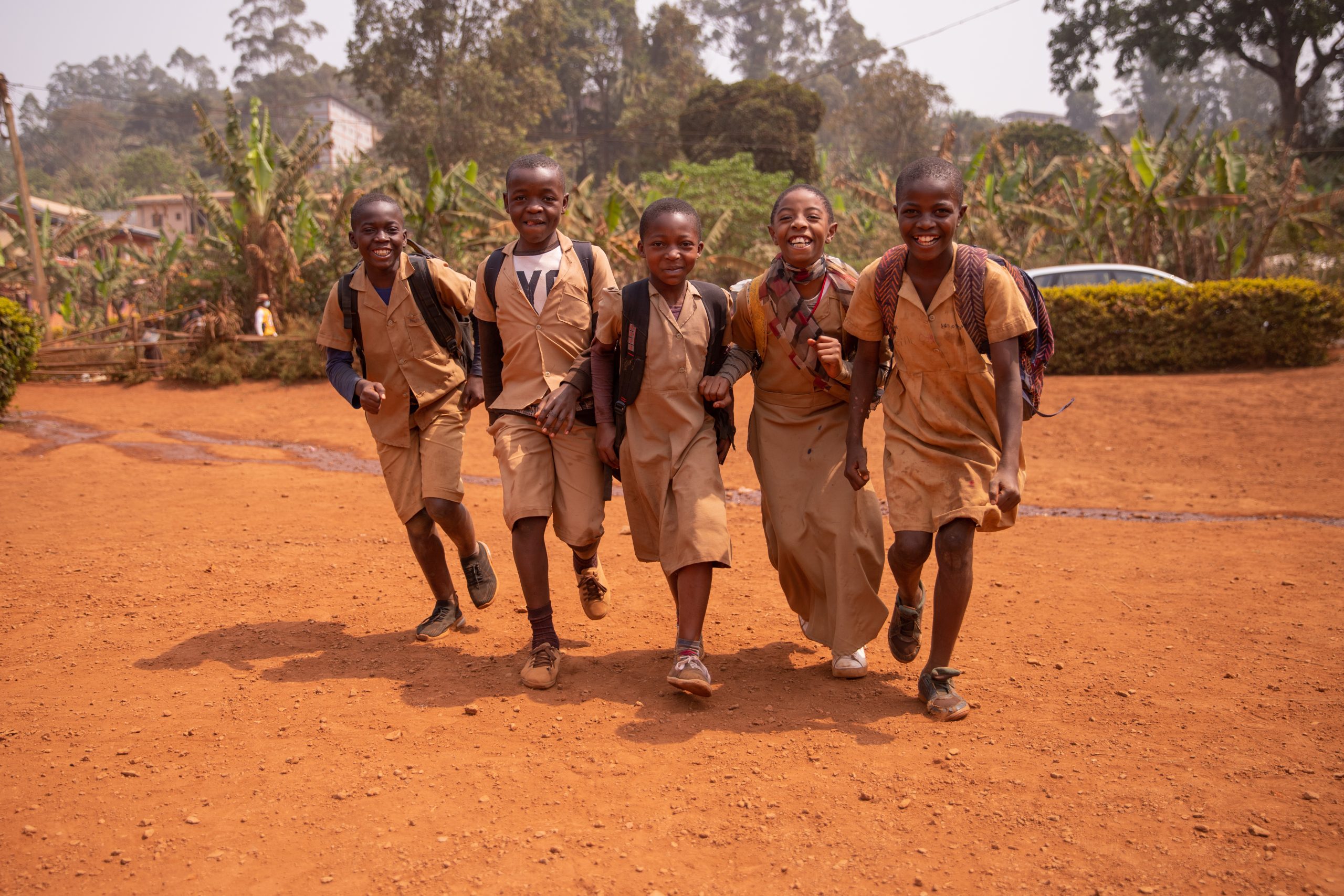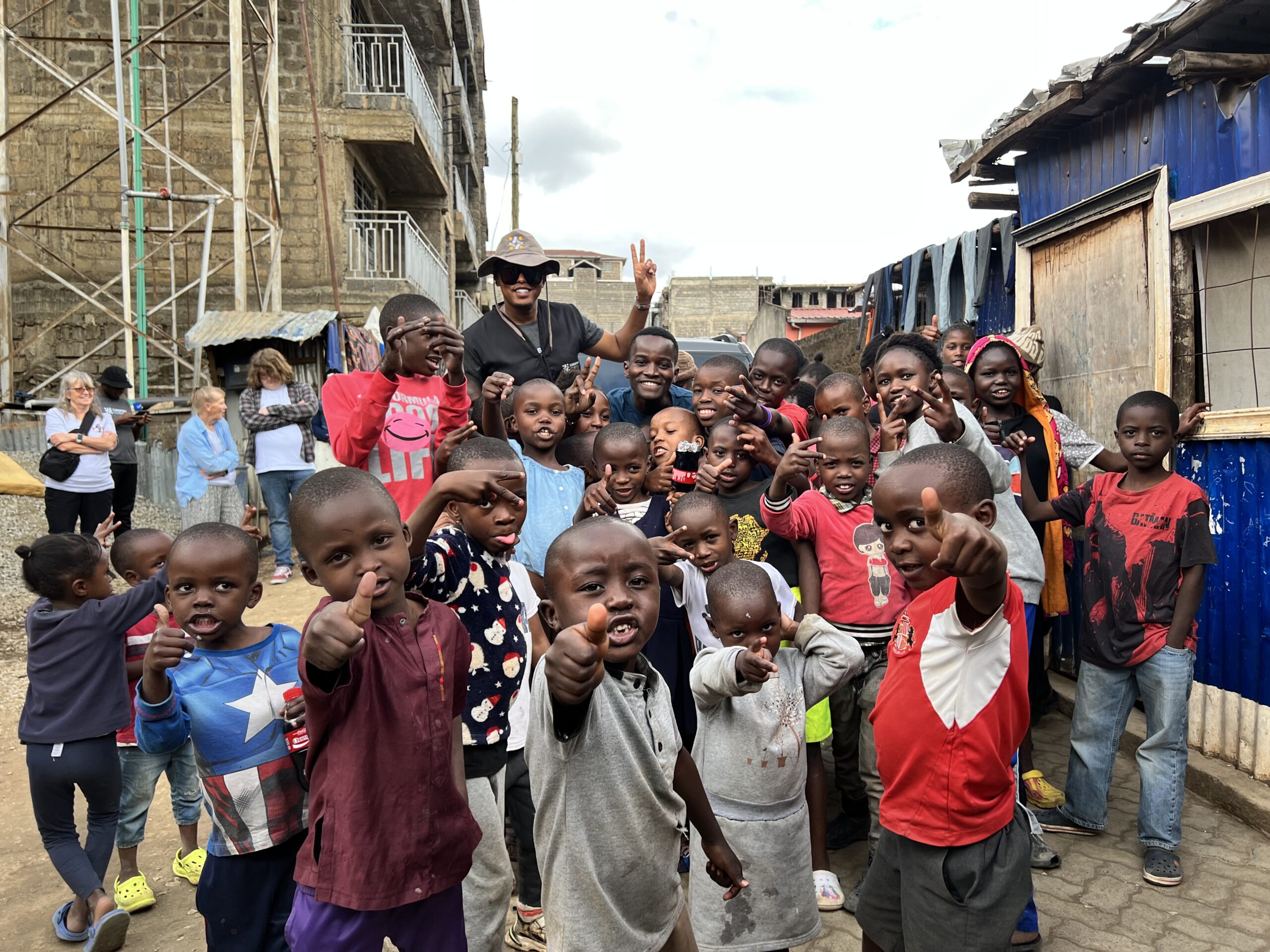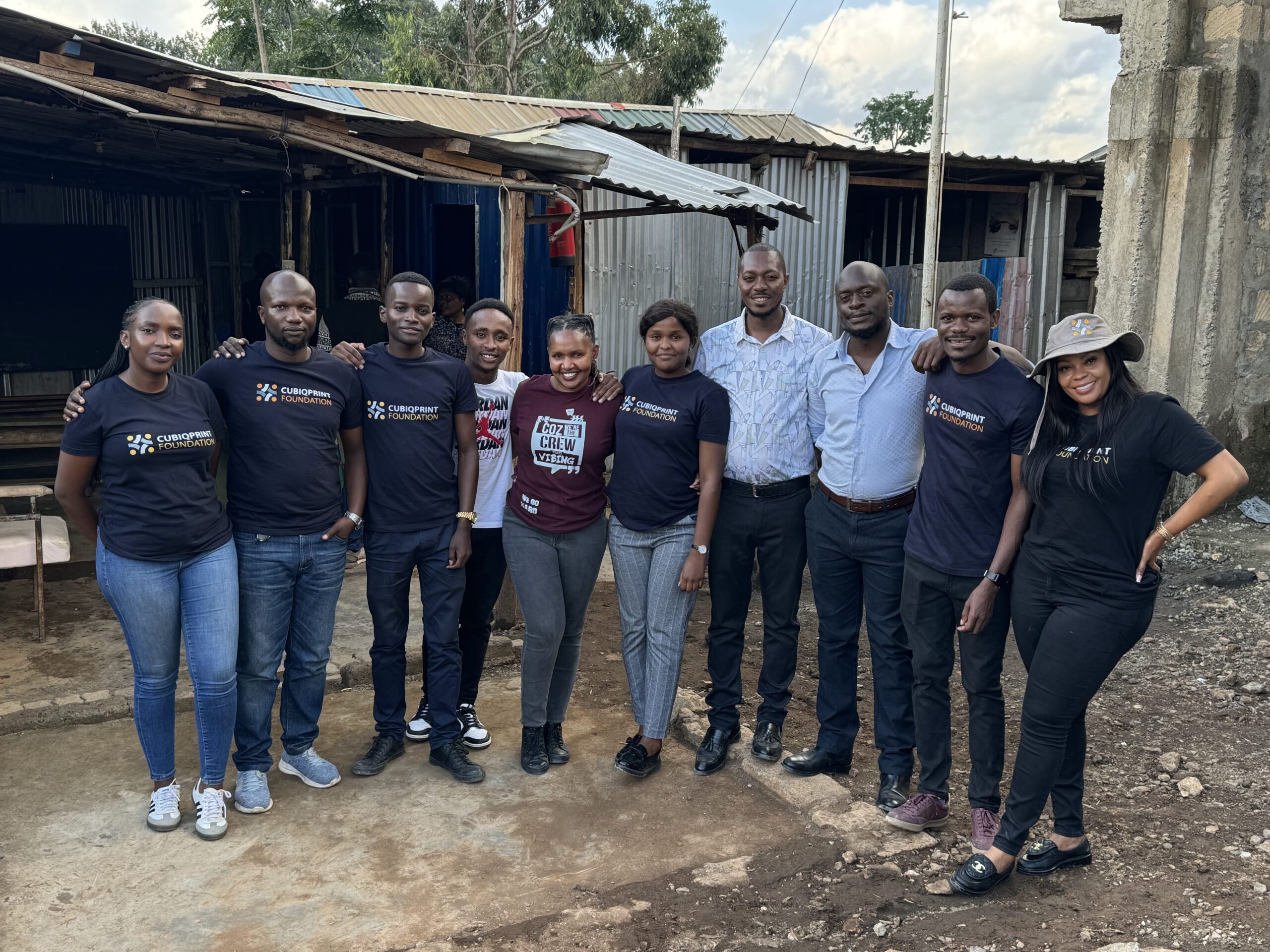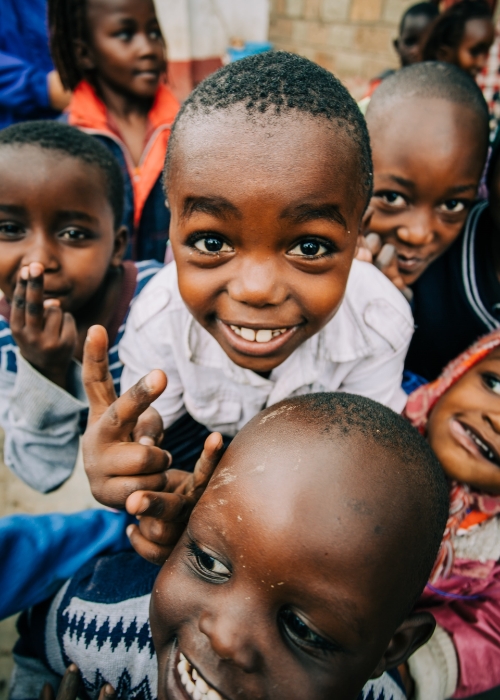Instilling the values of empathy, compassion, and social responsibility in young people is crucial for creating a more caring and connected world. Educational outreach programs focused on teaching the next generation about charity play a vital role in shaping future leaders and philanthropists. These initiatives not only raise awareness about social issues but also empower children and teens to take action and make a positive impact in their communities.
1. The Importance of Early Education in Charity
Introducing the concept of charity at a young age helps children develop a sense of empathy and an understanding of the importance of helping others. By learning about charitable giving and community service early on, young people are more likely to carry these values into adulthood. Schools, parents, and nonprofit organizations can work together to provide educational experiences that inspire kids to get involved in charitable activities.
2. Integrating Charity into School Curriculums
Many schools are incorporating lessons about charity and social responsibility into their curriculums. This can be done through classroom discussions, service-learning projects, and extracurricular activities. For example, students might participate in a project where they research a social issue, develop a fundraising plan, and implement it to support a related cause. These hands-on experiences help students see the real-world impact of their efforts.
3. Service-Learning Projects
Service-learning projects are a powerful way to combine education with community service. These projects involve students in meaningful service activities that are directly connected to their academic learning. For example, a science class might partner with a local environmental organization to clean up a park, or an art class might create artwork to raise awareness about social issues. Through these projects, students learn practical skills while making a tangible difference in their communities.
4. Youth-Led Charity Initiatives
Empowering young people to lead their own charity initiatives fosters a sense of ownership and responsibility. Schools and nonprofit organizations can support student-led projects by providing resources, guidance, and opportunities for collaboration. Youth-led initiatives might include organizing a fundraising event, launching a social media campaign, or starting a volunteer club at school. These experiences not only build leadership skills but also show students that their contributions can have a significant impact.
5. Parental Involvement in Charitable Education
Parents play a key role in teaching their children about charity. By modeling charitable behavior and involving their kids in giving activities, parents can reinforce the values of generosity and kindness. Simple actions like donating to a food bank together, volunteering as a family, or discussing charitable giving at home can have a lasting impact on children’s attitudes toward philanthropy.
6. Partnering with Nonprofit Organizations
Schools and community groups can partner with nonprofit organizations to create educational outreach programs that are both informative and inspiring. These partnerships might include guest speakers, workshops, or field trips to local charities. By connecting students with real-world examples of charitable work, these programs can deepen their understanding of social issues and the importance of giving back.
7. Creating a Culture of Giving
Ultimately, the goal of educational outreach is to create a culture of giving that extends beyond the classroom. By teaching the next generation about charity, we can nurture a society where compassion and generosity are valued and where everyone is empowered to make a difference. Whether through small acts of kindness or larger charitable endeavors, young people have the potential to be powerful agents of change, shaping a better future for all.
Conclusion
Educational outreach that focuses on teaching the next generation about charity as an investment in the future. By providing young people with the knowledge, skills, and opportunities to engage in charitable activities, we are fostering a lifelong commitment to making the world a better place. Through collaboration between schools, parents, nonprofits, and the wider community, we can ensure that the values of empathy and social responsibility are passed on to future generations.


